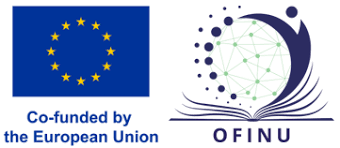Starting from February 1 of this year, as part of the program, two universities from the European Union, three from Tajikistan, and two higher education institutions from Uzbekistan have joined the initiative. The Latvia University of Life Sciences and Technologies has been recognized as the leading partner organization. The project aims to elevate the teaching of food processing technologies in Central Asian universities to a new level.
In particular, it envisions the development and implementation of an innovative educational model that involves both full-time and part-time students simultaneously. This approach will ensure a harmonious integration of theory and practice.
Within the framework of the project, a legal foundation will be created for the new form of education, which will be reinforced at the legislative level.
This educational model allows external learners, in addition to full-time students, to participate in specific training modules. Upon completing each module, participants will earn academic credits, and after accumulating the required number, they will be eligible to receive a diploma. This approach offers an excellent opportunity for individuals already in the labor market to enhance their competitiveness and employability.
To support the implementation of the project, five enterprises and organizations directly involved in food production have been selected.
It is noteworthy that three of these enterprises are based in Uzbekistan, including the Agromir Group of Companies.
These companies will contribute to the development and approval of new academic programs. Additionally, as part of the pilot phase, project partners will have the opportunity to involve their employees in the educational process.
The OFINU project will be implemented from February 2024 to January 2027.
The project is funded by the European Union. The views expressed are solely those of the authors and do not necessarily reflect those of the European Union or the European Education and Culture Executive Agency (EACEA). The European Union and EACEA are not responsible for the content of these views.


